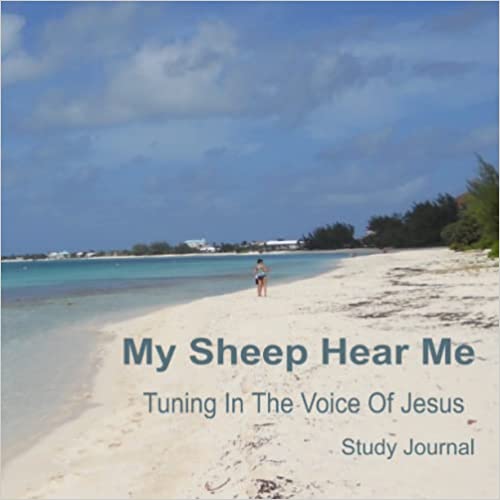The Sacred Feast
Sermon Notes of Reverend Harvey Alford Matney
(1868 – 1951)
February 21, 1931 – Lexington, Texas
Introduction
This do in REMEMBRANCE OF ME. Reminding ourselves WHO WE ARE IN CHRIST. As Paul would explain later, Believers in the present Age of Grace are Made Alive In Christ, and Seated in Heavenly Places In Christ Jesus. Not because of anything they did, or could ever do, but because of what Jesus accomplished, and God’s Favor! (Ephesians 2:1-10)
Like the fallen world, we once were far away from God, spiritually dead and without Him. Now, we are brought near, placed in the Body of Christ as He wills, because of the blood of Jesus. (Ephesians 2:11-13)
We are reminded of this Truth every time we partake of the bread and the cup, not as a religious ceremony, but by faith, confirming and Believing His Word to His Body.
Jesus will return and the world should take note. For the Believer however, one who has been raised to new life with Christ, we eagerly expect it and rejoice, because when He is revealed to the whole world, we will share in all His glory. (Colossians 3:1-4)
Paul was addressing this in his letter to the church at Colossae. You have to read the entire 2nd chapter to really appreciate all that was happening. And while all the specific difficulties are not listed, you can read between the lines. Satan was sowing seeds of division. Men were teaching traditions instead of Jesus. I like how the Amplified Bible translates it – “following human tradition (men’s ideas of the material rather than spiritual world)” (Colossians 2:8).
In the second half of Colossians 2, Paul reiterates the victory Jesus had already won. There was nothing that they could do that would improve or enhance what Jesus accomplished. What they drank or what they handled, religious rules, were simply symbolic and had no real value. Their relationship with Jesus (the Word), is what really matters.
In this sermon, my Grandfather discusses the supremacy of the real Jesus. — Harrison Woodard
1 Corinthians 11:23, 26 KJV
(See also: 1 Corinthians 11:17-34)
For I have received of the Lord that which also I delivered unto you, That the Lord Jesus the same night in which he was betrayed took bread:
For as often as ye eat this bread, and drink this cup, ye do shew the Lord’s death till he come.
For as often as ye eat this bread, and drink this cup, ye do shew the Lord’s death till he come.
The singular beauty of Paul’s description is that his information came direct from Christ. The institution of this rite was associated with the preaching of the Gospel throughout the world.
Its Institution By Jesus Christ
It was evidently important in his eyes, for he personally instituted the ordinance, and we should look for his presence each time we observe it.
Its Institution By Jesus Christ
“The same night He was betrayed…” While others were planning His death, He was planning for their good, not for Himself. He had sorrow, but not selfish sorrow.
His love was not quenched by their treachery, though He knew it all. The betrayal of Judas did not alter His love to men. While men assiduously sought His overthrow, He sought their ascendancy. If we would be like Christ, hostility must not hinder us.
Its Simple Mode
Broken bread and wine, the symbol of the broken body and shed blood of Christ for us. We may apply the remedy.
Its significance
In remembrance of His death for us, his love, His life, His lordship, and His sweet Spirit.
We enter into a covenant with God for pardon, peace, service, and the covenant is ratified by the blood of Christ, typified by wine.
“This cup is the new covenant in my blood.”
The Hebrews entered into covenant with God when the blood of the heifer was sprinkled on them. They bound themselves to obedience, and God bound Himself to Bless them.
When we receive these elements, we commemorate the covenant we entered into with God through Christ when we were converted, and the covenant God entered into with us.
His death is the great central fact shadowed forth in this sacrament. The cross is exalted herewith.
It is a pledge of Jesus second coming.
“Till He come”
He will come. It is not for us to say, “My Lord delayeth His coming.”
He will come, not too soon, not too late.
“This do in remembrance of me.”
A dying command of our Lord. Some have many excuses for not coming to the table, but they cannot find one here. This DO!
The last request of loved ones is held sacred. Should not His last request be so held?
We lose much if we refrain from doing this in remembrance of Him.
Search for Other Christian Web Sites.



